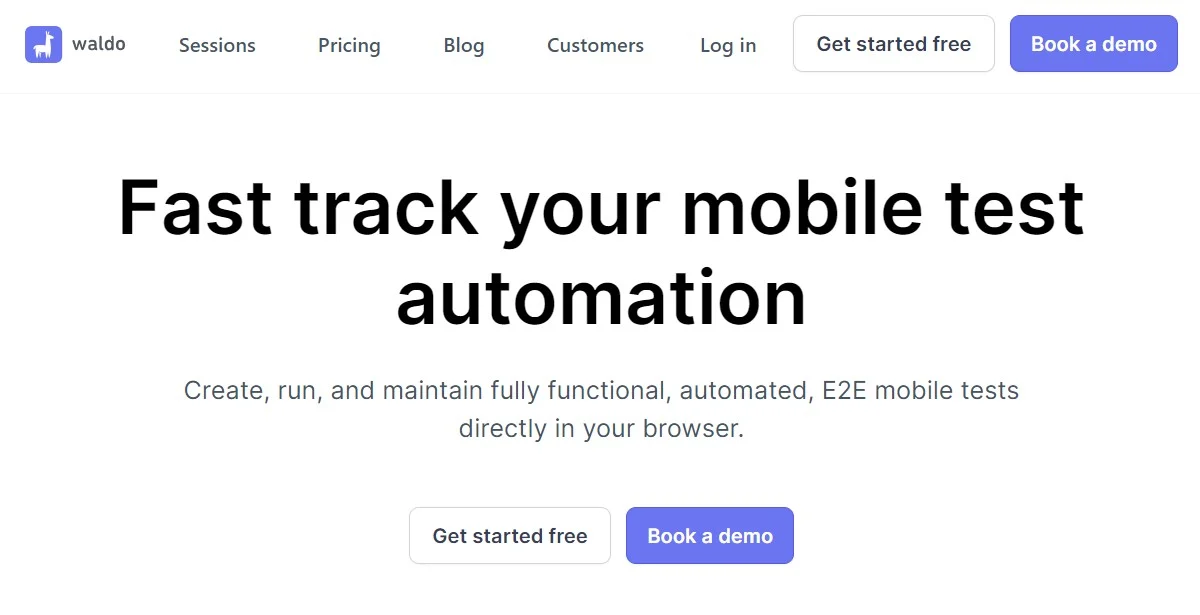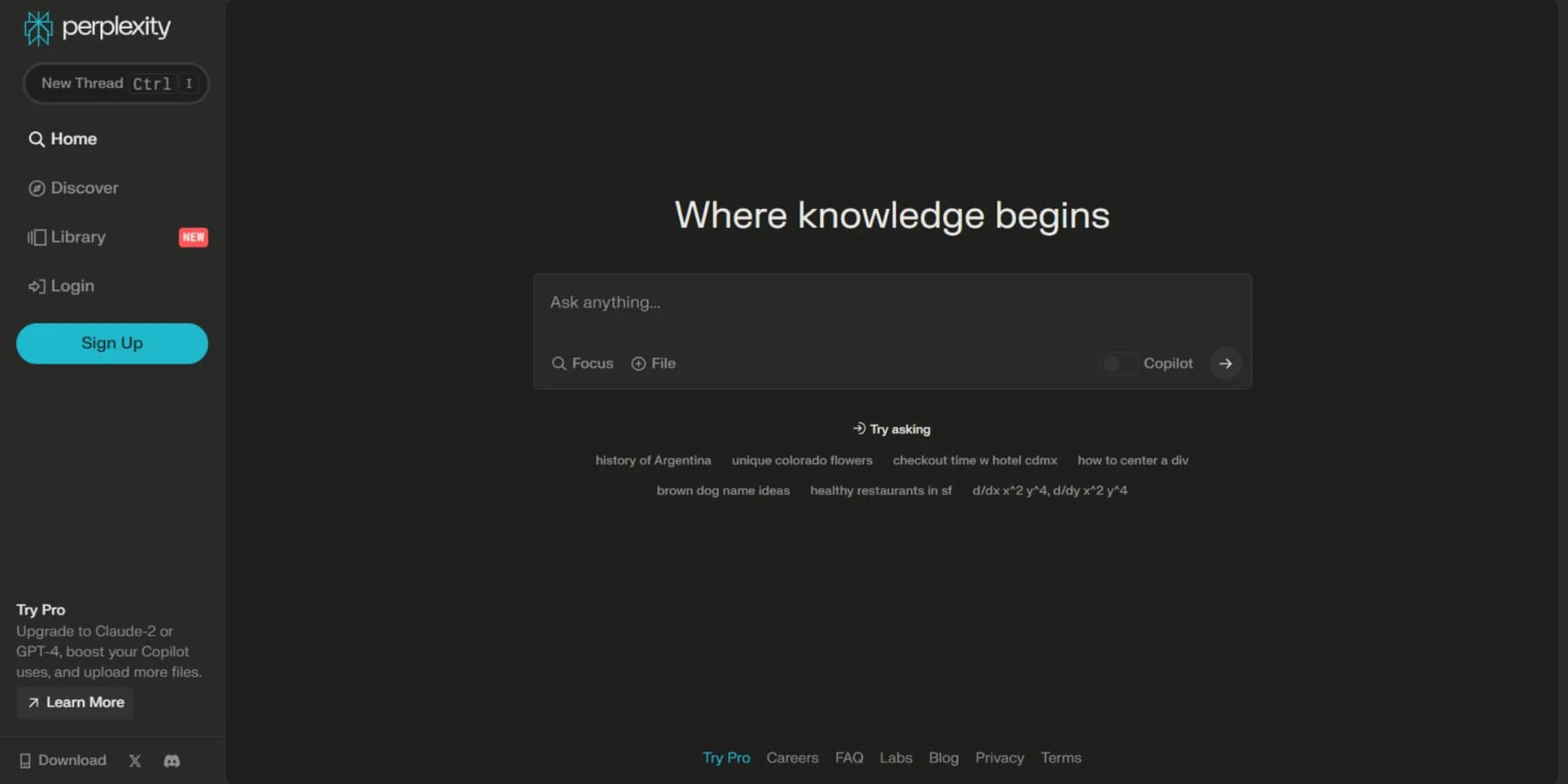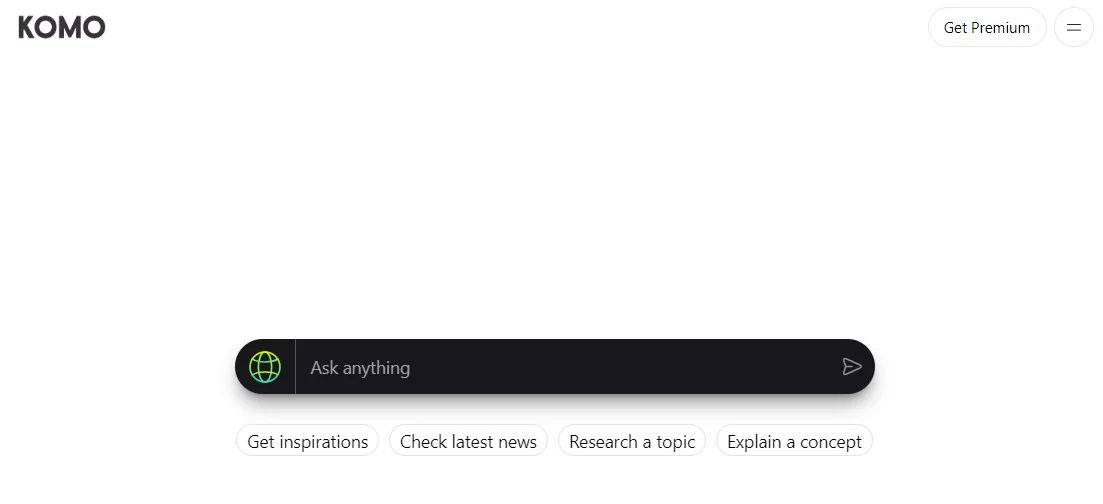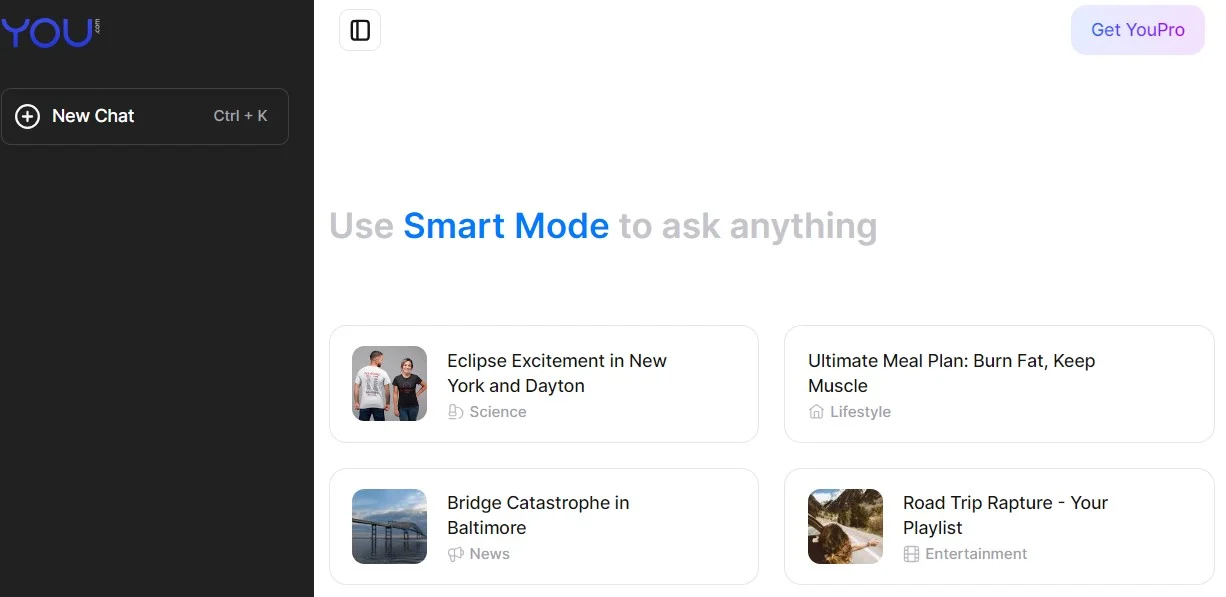In today’s digital age, search engines play a crucial role in how we discover information online. As the demand for accurate and relevant search results grows, the integration of artificial intelligence (AI) into search engine tools has become increasingly prevalent. AI-powered search engine tools offer advanced capabilities that enhance user experience and improve search accuracy. In this article, we’ll explore the top AI tools for search engines, each designed to streamline processes, optimize results, and revolutionize the way we interact with online content.
Waldo

Waldo is an AI-powered search engine optimization (SEO) tool that helps businesses improve their online visibility and search engine rankings. By analyzing website content and user behavior, Waldo provides actionable insights to enhance SEO strategies and drive organic traffic.
Key Features and Capabilities
- Keyword optimization suggestions for improved search engine rankings.
- Competitor analysis to identify opportunities for growth.
- Performance tracking and reporting to measure SEO effectiveness.
Real-world Use Cases or Examples
A digital marketing agency uses Waldo to optimize client websites for search engines. By leveraging Waldo’s keyword optimization and competitor analysis features, the agency achieves higher search rankings and increased website traffic for their clients.
Perplexity

Perplexity is an AI-powered search engine tool that uses natural language processing (NLP) algorithms to understand and interpret user queries. By analyzing context and intent, Perplexity delivers more accurate search results and enhances user experience.
Key Features and Capabilities
- Semantic search capabilities for understanding user intent.
- Contextual understanding to provide relevant search suggestions.
- Personalization options to tailor search results based on user preferences.
Real-world Use Cases or Examples
An e-commerce website integrates Perplexity to improve their site search functionality. By leveraging Perplexity’s semantic search capabilities, the website delivers more accurate product recommendations and enhances the overall shopping experience for users.
Andi
Andi is an AI-powered virtual assistant for search engine optimization (SEO) professionals. By automating repetitive tasks and providing actionable insights, Andi helps SEO professionals save time and optimize their strategies for better search engine performance.
Key Features and Capabilities
- Automated keyword research and content optimization suggestions.
- Performance monitoring and trend analysis for SEO campaigns.
- Integration with popular SEO tools for seamless workflow management.
Real-world Use Cases or Examples
A freelance SEO consultant utilizes Andi to streamline their workflow and improve client outcomes. By leveraging Andi’s automated keyword research and performance monitoring features, the consultant achieves higher search rankings and increased client satisfaction.
Yep

Yep is an AI-powered search engine tool that enhances the user search experience by providing personalized recommendations and predictive search suggestions. By analyzing user behavior and preferences, Yep delivers more relevant search results in real-time.
Key Features and Capabilities
- Predictive search suggestions based on user intent and context.
- Personalized recommendations for content, products, and services.
- Real-time analytics to track user interactions and search trends.
Real-world Use Cases or Examples
An online marketplace integrates Yep to improve user engagement and conversion rates. By leveraging Yep’s predictive search suggestions and personalized recommendations, the marketplace delivers a tailored shopping experience that drives sales and customer satisfaction.
Microsoft Bing

Microsoft Bing is an AI-powered search engine developed by Microsoft Corporation. With advanced algorithms and machine learning capabilities, Bing delivers accurate and relevant search results across a wide range of topics and industries.
Key Features and Capabilities
- Image and video search capabilities for multimedia content discovery.
- Voice search functionality for hands-free navigation and interaction.
- Integration with Microsoft products and services for seamless user experience.
Real-world Use Cases or Examples
A technology company leverages Microsoft Bing to enhance their online presence and reach a broader audience. By optimizing their website for Bing search results and utilizing Bing’s multimedia search capabilities, the company increases brand visibility and attracts new customers.
Komo

Komo is an AI-powered content discovery platform that helps users find relevant information and resources across the web. By analyzing user preferences and behavior, Komo delivers personalized content recommendations and enhances the user search experience.
Key Features and Capabilities
- Content curation based on user interests and engagement.
- Topic clustering and semantic analysis for content organization.
- Integration with social media and bookmarking platforms for content sharing.
Real-world Use Cases or Examples
A content marketer uses Komo to discover trending topics and industry news for their content strategy. By leveraging Komo’s content curation and topic clustering features, the marketer stays informed and produces relevant content that resonates with their audience.
You.com

You.com is an AI-powered search engine that provides personalized search results and content recommendations based on user preferences and behavior. By understanding user intent and context, You.com delivers more accurate and relevant search results across the web.
Key Features and Capabilities
- Personalized search results tailored to individual user preferences.
- Natural language processing (NLP) capabilities for understanding user queries.
- Privacy-focused search experience with data protection features.
Real-world Use Cases or Examples
An educational website integrates You.com to enhance the student learning experience. By providing personalized search results and content recommendations, You.com helps students find relevant study materials and resources that support their academic goals.
Conclusion
In conclusion, the integration of artificial intelligence (AI) into search engine tools has revolutionized the way we discover and interact with online content. With advanced algorithms and machine learning capabilities, AI-powered search engine tools like Waldo, Perplexity, Andi, Yep, Microsoft Bing, Komo, and You.com offer personalized search experiences, enhanced user engagement, and improved search accuracy. By leveraging these AI tools, businesses and individuals can optimize their online presence, reach a broader audience, and deliver more relevant and valuable content to users.
